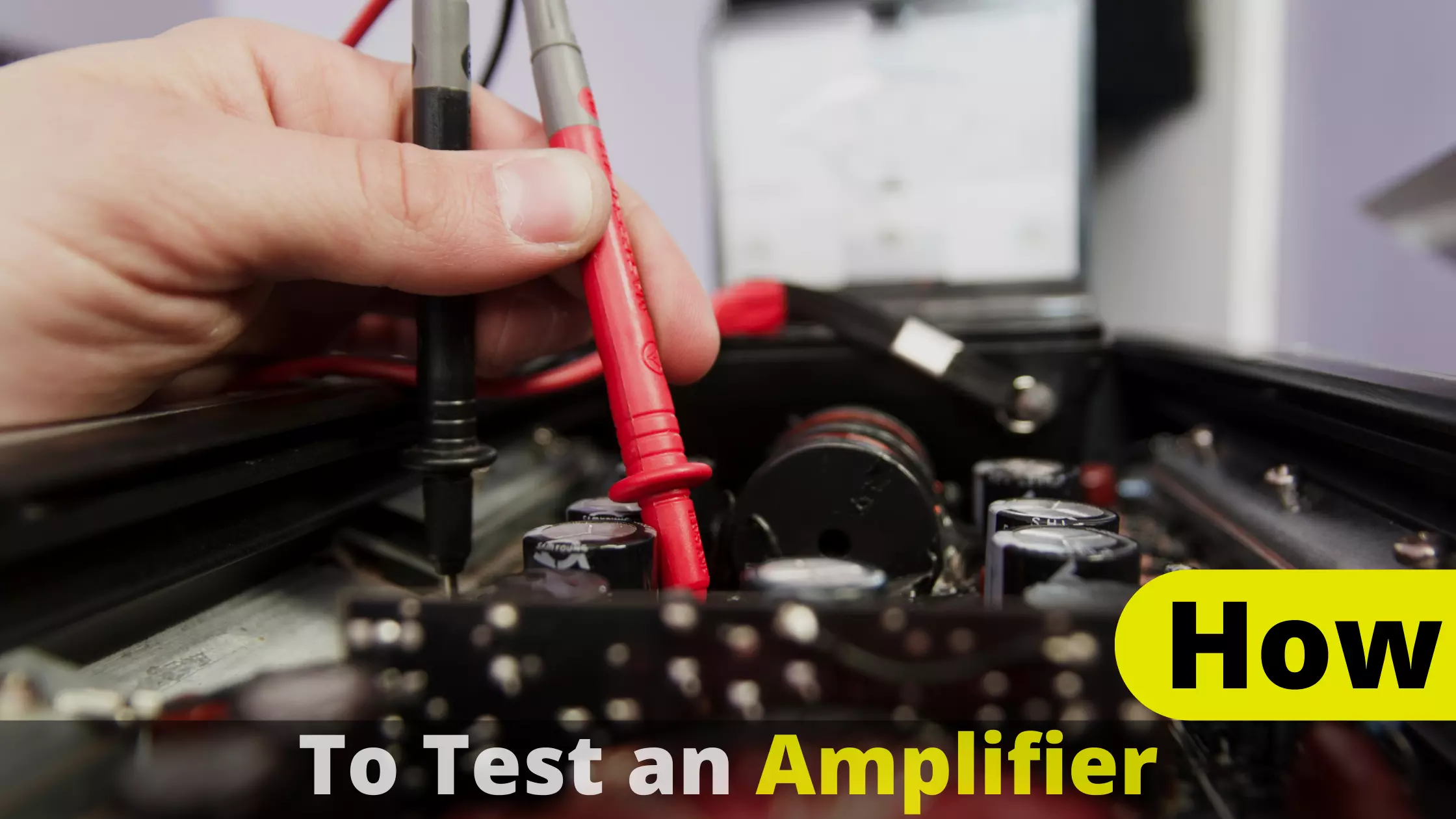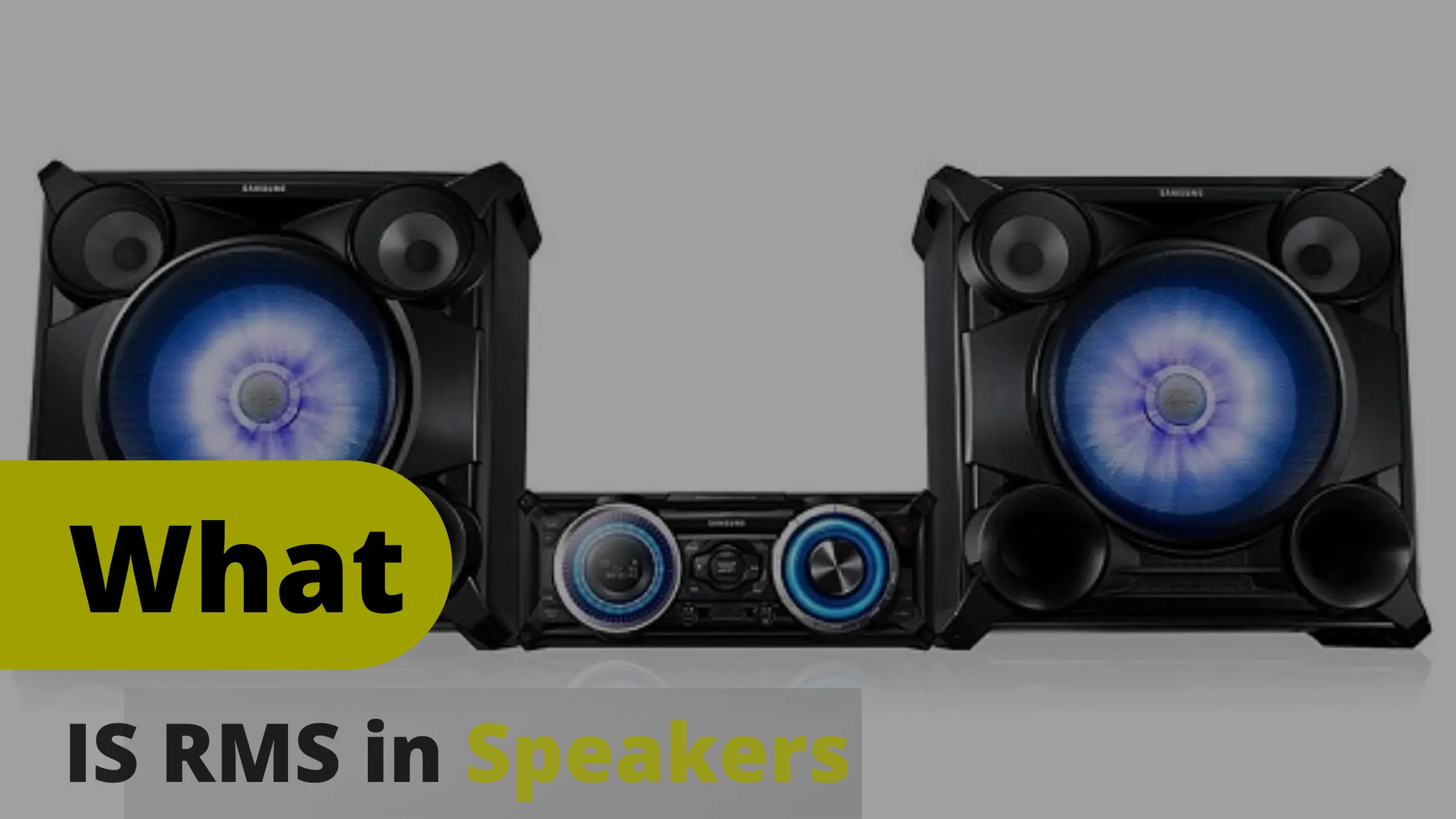Many people know that a car speaker is a vital component of a vehicle. But how do you know if you are getting a good car speaker?
In this blog post, we will discuss how to measure a car speakers easily.
We will also discuss the tips to make sure you do not make any mistakes. So what are you waiting for? Let’s begin the discussion.
Steps to Measure Car Speakers:
The most common mistake in audio is over-measuring. When your ears are your only gauge, you’re going to make a lot of mistakes - especially if you’re measuring with an electronic tuner.
It’s very easy to be fooled by your equipment, but this will only get you so far. Your final measurements should rely on what you hear, not what your gear is telling you.
How do you know if you’re measuring right? There are a few simple tricks you can use to check your measurements.
STEP 1. Start With a Basic Tuning Solution:
First of all, if you don’t have one already, pick up an electronic tuner (preferably with a spectrum analyzer). These tools can usually be found at music stores, electronics stores, or online retailers.
You can even buy them yourself for around $30. Just remember that they’ll need time to “warm-up” and adjust after powering on.
If you own an iPhone, there’s an app called “Audio-Ease” that includes a spectrum analyzer built-in. I highly recommend downloading it. The best thing about it is that it has presets for both digital and analog audio. You can set the output level, and then you can just plug in a pair of speakers and take their measurements.
STEP 2. Use a Digital Analyzer Instead of an Analog Tuner:
Most audiophiles prefer an analog tuner to an electronic one for many reasons. Most importantly, these tools are easier to understand than a complex electronic tuner, and they’re much more affordable. However, one downside to analog is that they don’t show you what your speakers are doing.
You can buy an adapter that will allow you to connect your digital tuner to a digital preamp but be warned that most of them don’t work very well. They’re still pretty easy to use though.
STEP 3. If All Else Fails, Measure With Your Ears:
If all else fails, remember that your ears are the most accurate measurement tool there is - so use them. Simply listen to a song while measuring the sound levels. You’ll be amazed at how quickly you’ll pick up on a problem with your equipment.
Tips To Measure Car Speakers:
I show you how to properly measure your car’s speakers, let me share with you a few tips on how to do it correctly. I’ll be using this guide to measure my car’s speakers, but you can use this guide to measure any kind of speaker you want, including headphones and computer speakers.
Take a look at the driver area first:
There is usually a mark somewhere on the speaker box where you should measure. If there is not, then you need to measure the speaker as a whole. If the mark on the box is small, make sure you use a digital caliper to make a measurement.
If the mark on the box is not there, then you’ll have to measure your speaker from a reference point (such as the bottom of the box). Use a tape measure or ruler to measure the speaker’s height and width.
Measure The Distance:
Next, move to the rear of the speaker and measure from the left edge of the speaker to the right edge. The distance should be about 8 inches.
At the front of the speaker, there should be a mark where you can measure the speaker diameter. This mark should be at least 1 inch and maybe 2 inches or more. This is the distance from the bottom of the speaker to the top of the speaker.
Measure The Volume Of Speaker:
If you have the time, you can measure the overall volume of your speaker. Most speakers should be less than 6 inches deep, but it’s up to you to decide how deep you want them to be. The most common measurements for a speaker are 7.5, 5, and 8.5 inches.
These measurements don’t matter because these speakers will cover a large area in your car. The most important part of the speaker is that it produces good sound.
Measure the Speaker From Back To Front:
You can also measure your speaker from the back to the front to get a visual idea of the shape of the speaker. Be careful when doing this. If there is any kind of wire or connection you should stay away from while measuring the speaker.
If you want to take the measurements yourself, I’d suggest using a digital caliper or a tape measure. To use a digital caliper, you’ll have to put the tool on the box and then slide the caliper across the bottom of the speaker. When the caliper gets to the mark on the box, the speaker height and width are automatically recorded.
Measure Your Speakers Correctly:
After you have taken your measurements correctly, the next step is to double-check them. Most digital calipers have an indicator that shows you the proper distance between two points. That way, you’ll know how far the speaker is away from a reference point (such as the rear edge of the speaker).
Wrapping It All Up:
It is important to measure the speakers of your car when you want to purchase them. It is very important because your car speakers play an important role in your music experience.
You must know the quality of your car speakers before you buy them. You can do it by measuring it with the right equipment.






